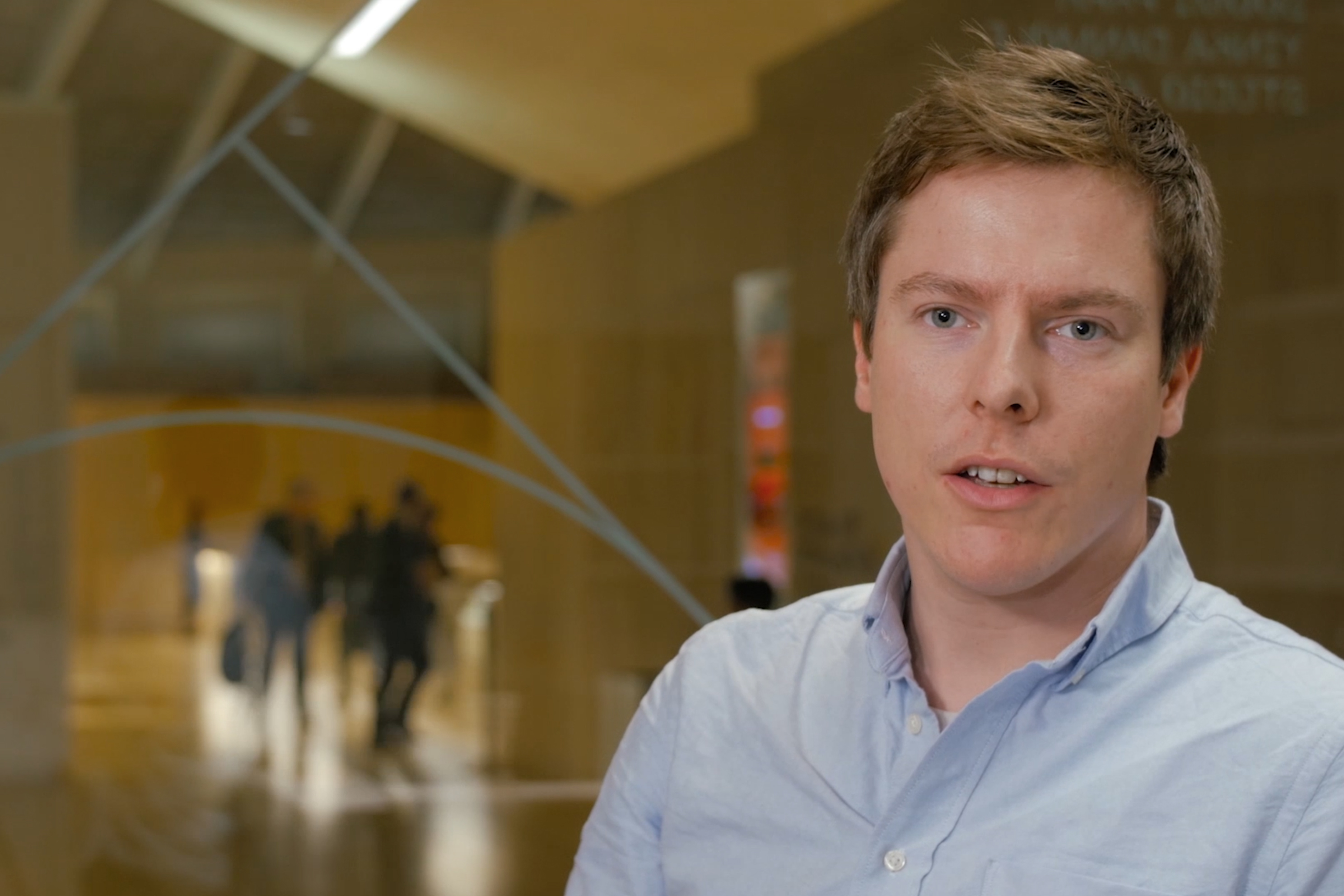England: Pilot scheme offers proxy address to people who are homeless
A social enterprise is giving people who are homeless access to a virtual address so they can access vital services as part of a pilot initiative in England.

Chris Hildrey
ProxyAddress has partnered with organisations including Lewisham Council, Barclays, Monzo, Monese, Crisis, The Big Issue, Ordnance Survey, Amiqus and Action on Empty Homes for the service which uses the duplicated address details of existing homes to provide those facing homelessness with a consistent, secure, and free address which they can use to access the support they need.
Without an address, people experiencing homelessness can be prevented from accessing vital services like maintaining or opening a bank account, applying for a job or a driving licence, accessing benefits, receiving post, or even registering with a GP.
Chris Hildrey, founder of ProxyAddress, said: “Nobody should be left alone or without recourse to help in times of need. The action already taken to help rough sleepers during the Covid-19 pandemic is a silver lining to a tragic situation but there remains a systemic barrier to helping those facing all types of homelessness: instability. Until stable housing and wrap-around support is available for all we need to find innovative ways to help those trapped in precarious situations. Now, more than ever, we have a duty to provide a lifeline to those most in need.”
ProxyAddresses are provided with explicit consent from property owners - including councils, housing associations, housing developers, private donations, and some of the 225,000 long-term vacant homes in England - without impacting the original property’s credit score, value, or postal deliveries.
The ProxyAddress serves only as a routing instruction rather than a final destination. Mail addressed to a person at their ProxyAddress can be redirected to a collection point of their choosing, ensuring their details - and ability to access support - stay the same throughout the recovery journey, no matter how often they move.
Andrew was a lodger before being evicted by his landlord as a result of the Covid-19 pandemic.
He said: “When the lockdown started my landlord got nervous so told me to leave. I was a lodger so the eviction ban didn’t do anything. I’ve been homeless before but I thought I’d finally got back on my feet. I don’t have anyone else so not having an address is like being invisible - I’m not recognised by the places I need to go. The staff don’t know what to do with you. You’re just trying to get help and being told ‘not without an address’. This ProxyAddress idea is great - it’ll help so many people like me. Just having something to put my name to - even if it’s not a real place - that feels like a step in the right direction.”
UK-wide research commissioned by ProxyAddress into the public’s views, perception, and experiences of homelessness expose the scope and impact of this problem across the country. 20 per cent of people know at least one person who has been made homeless in the past three years, and almost 50 per cent say that little or almost nothing is being done to prevent it. Furthermore, more than one in twenty think it is likely that they will be made homeless within six months, rising to more than 1 in 10 for under-35s.
Three quarters of those asked were supportive of the ProxyAddress initiative with a third willing to consider donating their own address to help those in need to access support – more than enough to provide a ProxyAddress to every person facing homelessness in the UK today.
Chris Hildrey, who is an architect by trade, continued: “The findings of our study clearly show that ProxyAddress is a viable strategy to create positive early intervention and with this pilot we have taken our first steps to making that lifeline more easily accessible for everyone.”
Damien Egan, Mayor of Lewisham, said: “I’m really proud that Lewisham will be the first local authority to trial this new service which will make it much simpler for homeless people to access the services they need to get back on their feet. With the government having ended their ban on evictions, the pilot couldn’t be happening at a more important time and I’m pleased that Lewisham will be leading the way on tackling homelessness and inequality.”
Chris Hancock, head of best practice at Crisis, added: “In the last few months we have seen how the need for a settled home has never been more important. Whilst a lot has been achieved in getting people indoors temporarily, we have still some way to go. Without a secure address there is little chance for someone to make and sustain the connections they need. If we are to give people the best opportunity to find a home, or a job, they need a reliable point of contact, and that is why Crisis are very happy to support ProxyAddress and work together in the future for the benefit of our members.”








